Intelligent terminal devices powered by artificial intelligence are expected to become a key growth driver for the global consumer electronics industry going forward, industry experts said.
Their comments came after products that make use of such innovative technology garnered significant attention at the recently concluded 2025 Consumer Electronics Show, the world's premier technology event, in Las Vegas, the United States.
With the meteoric rise of generative AI technology, they said the application scenarios of AI are expanding from personal computers and smartphones to more hardware, such as smart glasses, robots and smart home devices.
The annual event drew more than 4,500 exhibitors from over 160 countries and regions, including about 1,400 startups, according to the US Consumer Technology Association, organizer of the CES.
Nearly 1,500 Chinese enterprises participated in the event, accounting for more than 30 percent of total registered exhibitors. They showcased their latest technological achievements and innovative products, including wearable devices, robots, semiconductor displays, smart homes and electric bikes.
Industry insiders said this robust participation underscores the growing innovation capabilities of Chinese companies in cutting-edge technologies and emerging fields, and competitiveness on the global stage, as well as their willingness to expand international cooperation.
AI-powered goggles gained strong traction during the show. RayNeo, a Chinese augmented reality technology company, unveiled its new lineup of AI-powered photography glasses with enhanced human-computer interaction functionality.
The company has inked a strategic partnership with Alibaba Cloud, the cloud computing unit of Chinese tech heavyweight Alibaba Group Holding Ltd, to integrate the latter's ChatGPT-like large language model Tongyi Qianwen into its AI glasses. The move marks the first in-depth collaboration between an LLM developer and AI glasses manufacturer in China.
Alibaba Cloud intends to provide exclusive technological support for RayNeo's products, and develop customized AI models for smart glasses that better understand the needs of users and improve the interactive experience, so as to enable a deeper integration between AI and hardware.
Chinese esports equipment company Thunderobot debuted its AI-enabled glasses featuring micro organic light-emitting diode displays and cameras, and having access to AI models to offer real-time information and immersive AR experiences.
Hangzhou-based AR glasses maker Rokid showcased its latest smart glasses with AR and AI capabilities including real-time language translation, instant object recognition, AI-driven meeting transcription, and presentation teleprompters.
Industry insiders said by integrating advanced AI functions, smart glasses can provide more intelligent and personalized services, such as intelligent navigation, voice assistance and health monitoring to meet the diverse needs of consumers.
Pan Xuefei, research director at market consultancy IDC China, said global shipments of AI glasses are expected to reach 12.8 million units in 2025, an increase of 26 percent year-on-year, while shipments in China will surge 107 percent year-on-year to 2.8 million units.
Pan said AI models will bring about abundant application scenarios for smart glasses, while these glasses' multimodal interaction functions covering text, images, audio and video would further improve.
"Along with technological advancements in key components such as AR and VR chips, camera modules and displays, the costs of AI glasses will significantly decline, thus promoting the popularization of such products among consumers," she said.
Data from technology industry research firm Runto showed that smart glasses with AI functions accounted for less than 20 percent of the total in 2024. However, the penetration rate of AI functions in the smart glasses market will exceed 60 percent this year, fueled by iterations in display technology, enhanced performance of chips, and algorithm capabilities.
Chen Jun, deputy general manager and chief analyst at Sigmaintell Consulting, a Beijing-based market research firm, estimates that domestic shipments of AI glasses reached 2.2 million units in 2024, and will witness a 60 percent year-on-year growth this year.
Chen said AI glasses are expected to see rapid growth in sales because of their simple functions and lower prices, and such glasses will satisfy basic demands from users, such as taking pictures, making phone calls and listening to music.
The deep integration of technology like AI has made robots smarter, more flexible and more autonomous. A series of drones and electric vehicle charging stations equipped with soft robotics grabbed the attention of visitors at the CES. These robots came from Chinese robotics company Wisson Robotics.
The company said its robots have been applied in various industries, including high-altitude cleaning, intelligent charging, energy maintenance, emergency rescue and environmental protection.
Cheng Hui, marketing director of Wisson, said conventional robots are usually made of metal and equipped with motor joints and a large number of sensors, but they have some shortcomings in terms of weight, adaptability and safety.












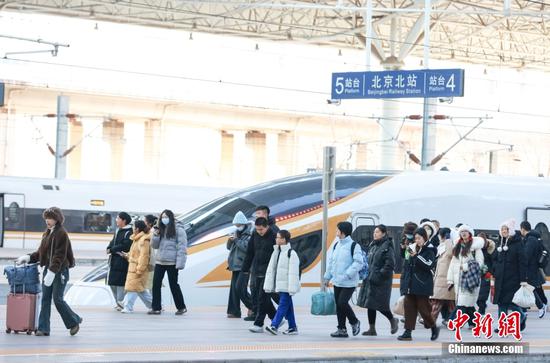

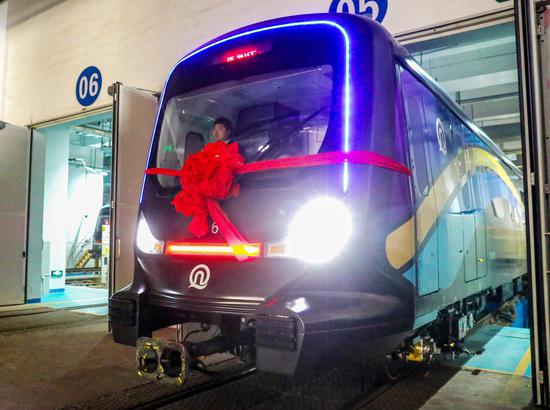












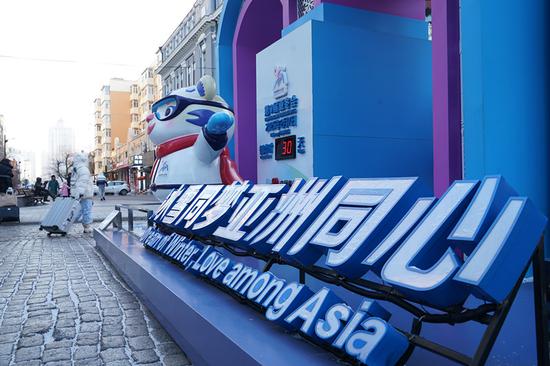

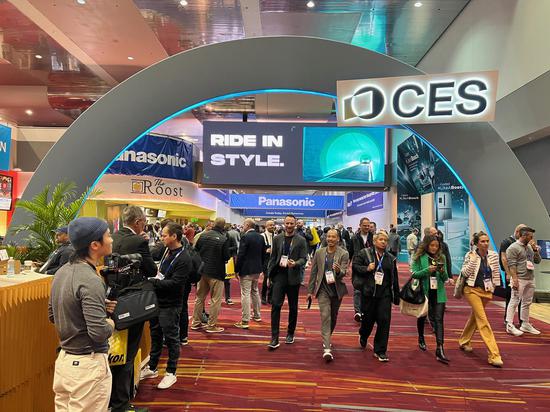














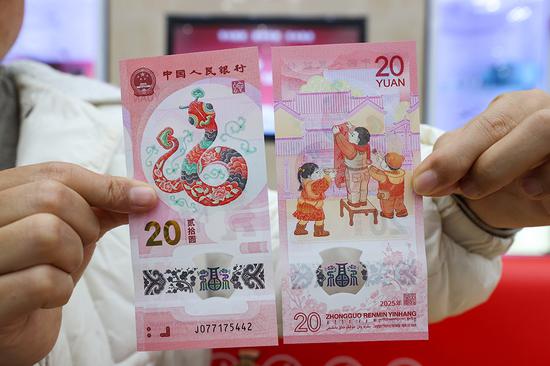





 京公网安备 11010202009201号
京公网安备 11010202009201号